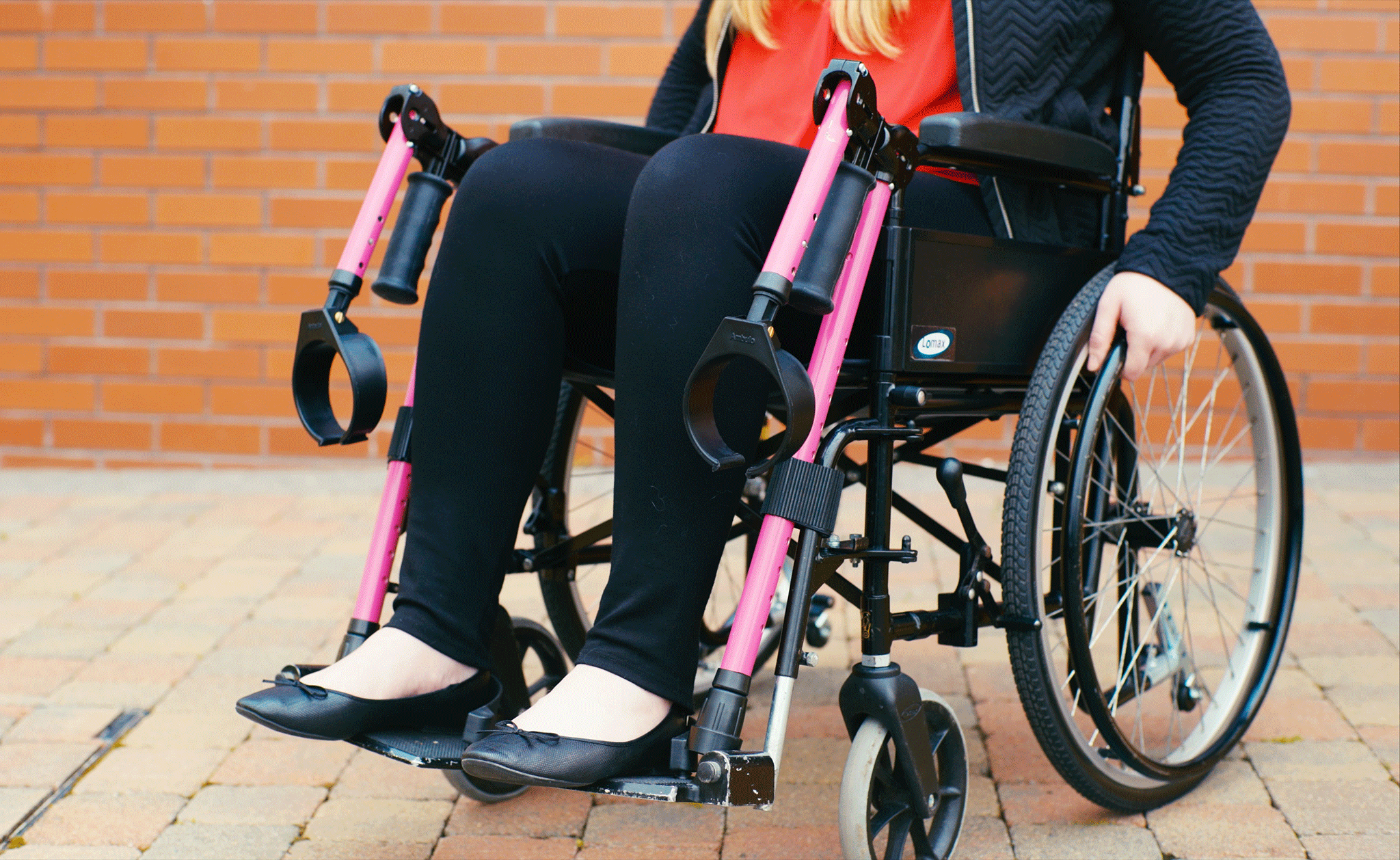
BioEdge 13 October 2019
Family First Comment: The National Council on Disability (NCD) has released a scathing analysis of the effect of assisted suicide laws in the United States on people with disabilities. It finds that safeguards are ineffective and that there is little oversight of abuses and mistakes…. The most prevalent reasons offered by someone requesting assisted suicide are directly related to unmet service and support needs. These should be dealt with through new laws and more funding, says NCD, not assisted suicide. “Assisted suicide laws are premised on the notion of additional choice for people at the end of their lives, however in practice, they often remove choices when the low-cost option is ending one’s life versus providing treatments to lengthen it or services and supports to improve it.”
The National Council on Disability (NCD) has released a scathing analysis of the effect of assisted suicide laws in the United States on people with disabilities. It finds that safeguards are ineffective and that there is little oversight of abuses and mistakes.
In eight states and the District of Columbia it is legal for doctors to prescribe lethal drugs to patients diagnosed with terminal illness and with a prognosis of six months or less to live, if certain procedural steps are followed.
Pain relief is often described as the primary motivation for seeking assisted suicide. In its report, Assisted Suicide Laws and their Danger to People with Disabilities, NCD responds that the most prevalent reasons offered by someone requesting assisted suicide are directly related to unmet service and support needs. These should be dealt with through new laws and more funding, says NCD, not assisted suicide.
“Assisted suicide laws are premised on the notion of additional choice for people at the end of their lives, however in practice, they often remove choices when the low-cost option is ending one’s life versus providing treatments to lengthen it or services and supports to improve it,” said NCD Chairman Neil Romano.
Closely examining the experience in Oregon, where the practice has been legal for 20 years, NCD found that the list of conditions eligible for assisted suicide has expanded considerably over time, including many disabilities that, when properly treated, do not result in death, including arthritis, diabetes, and kidney failure.
Assisted Suicide Laws and their Danger to People with Disabilities also notes suicide contagion in states where assisted suicide is legal; as well as a loosening of existing safeguards both in states with legalized assisted suicide and states considering bills to legalize.
READ MORE: https://www.bioedge.org/bioethics/us-study-saysassisted-suicide-laws-rife-with-dangers-to-people-with-disabil/13245


